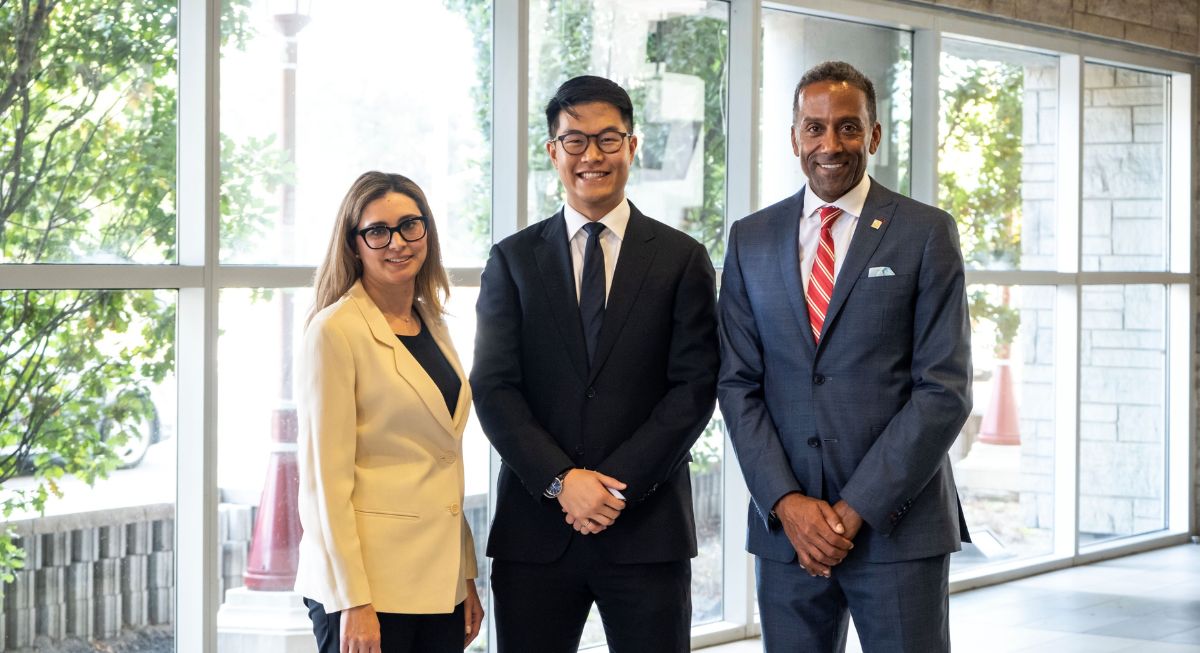Digital technologies have become essential to most sectors. Such technologies, however, have only recently been adopted in the agricultural sector — a trend referred to as Agriculture 4.0, or Agri 4.0.
To investigate the factors affecting implementation of Agri 4.0, Telfer professor Ajax Persaud has been awarded a Social Sciences and Humanities Research Council Insight Grant for a project titled “Accelerating the Digitalization of Canadian Agriculture.” The goal is to influence policy and practices within the agricultural sector and increase awareness of the farm-level barriers to implementing new technology.
Indeed, the first crop to be fully sown, tended and harvested by machine was only achieved in 2017, a feat recognized by the Organisation for Economic Co-operation and Development (OECD) as a milestone in agricultural innovation.
“Although Canada is a global leader in agrifood production, the sector faces many serious challenges stemming from climate change, sustainability, food insecurity and food safety,” says Persaud. “Agri 4.0 technologies can enable Canada to address these challenges while simultaneously achieving greater productivity, efficiency, innovation and competitiveness. Unfortunately, Canada is lagging in the adoption of Agri 4.0 technologies.”
Digitization of the agricultural sector has many benefits, such as less food waste, reduced environmental impact and increased efficiency. These technologies are crucial for addressing agricultural challenges, particularly those that disproportionately affect vulnerable communities in Canada.
Looking at Agri 4.0 implementation
Persaud’s investigation of farm-level variables will provide a better understanding of deployment of Agri 4.0 and add to existing research, which has focused on sector-level insights.

Persaud will gather data from key stakeholders, such as farmers and agricultural companies, through in-depth interviews focusing on their experiences of implementing digital technologies. He will then conduct large-scale surveys to validate the insights gathered from the interviews. In addition to funding this work, the SSHRC Insight Grant will provide Telfer graduate students with research experience opportunities and help train the next generation of researchers.
Findings of this research could allow for a more nuanced understanding of how technology can be adopted in the agriculture industry. Insights will be particularly relevant for stakeholders interested in accelerating the implementation of Agri 4.0, for example, through policy-directed change.










